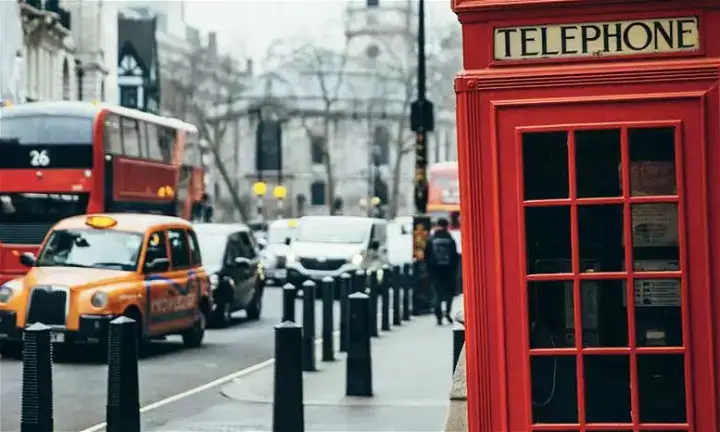
Collaborative Consumption in the UK
Commerce in the collaborative economy (also known as the sharing economy) has a stake of about £20 billion of the global economy and continues to quickly grow each year. The United Kingdom shows determination to become the country that is at the forefront of this business model and is even working to develop new sectors to expand the sharing economy in to and compete with the United States, which is currently at the forefront in developing new business models for the sharing economy (ie. Lyft, LendingClub, TaskRabbit). Significant steps are being taken to reach this level including creation of laws and public policies that promote this growing market place. Let's look at what the UK is doing!
Collaborative Consumption in the UK and its ExchangesAmong the most prevalent branches of the collaborative economy are barter services such as Swap Cycle, where users can advertise something they would like or give away in exchange for something else such as clothing and games.
Collaborative Consumption and RentalsRentals is another area where the sharing economy is growing. In this model, companies like Roomlala find landlords who are looking to rent out a portion of their home in exchange for payment. Solutions like this often lead to many cost saving benefits but others as well such as new friendships.
In addition to accommodations, there are also many different ride sharing, car sharing and alternatives to conventional transportation options that have sprung out of the development of the sharing economy. Of course start-ups such as the U.S. based driver-sharing service, Uber, are well known, but Car Hire has also developed a presence in the UK. This car sharing service provides a fleet of cars to members who can rent vehicles for an hour, a day, a week or longer all for a small fee. By using a car only when it is needed, users save money by not having to purchase a car that may not even get used that often.
Exchange of Service in EnglandNeed something done? Websites such as TaskRabbit will help you find someone who has free time on their hands to run that errand, fix a leaky faucet or even plan an event for you. The company Taskhub offers similar services. From tutors, to mechanics, you can find just about anything you need.
Collaborative Consumption and SharingThe burgeoning collaborative economy also encourages sustainable development of communities. One of the best examples of this is the Peoples' Supermarket of London, which is a place where fresh produce from the nearby region is brought to be sold by its owners, however it does more than simply create a farmer's market. It also helps fight against waste since after two days if the produce goes unsold it is turned into food which is then sold or given away to charities.
Some cities in the UK have also set up gardens that are cultivated by people whose crops are available to anyone who wants them. These gardens to share help to promote healthier eating and work to promote strength among communities, which is one of the most important aspects of the Collaborative Economy.
Author: Roomlala



